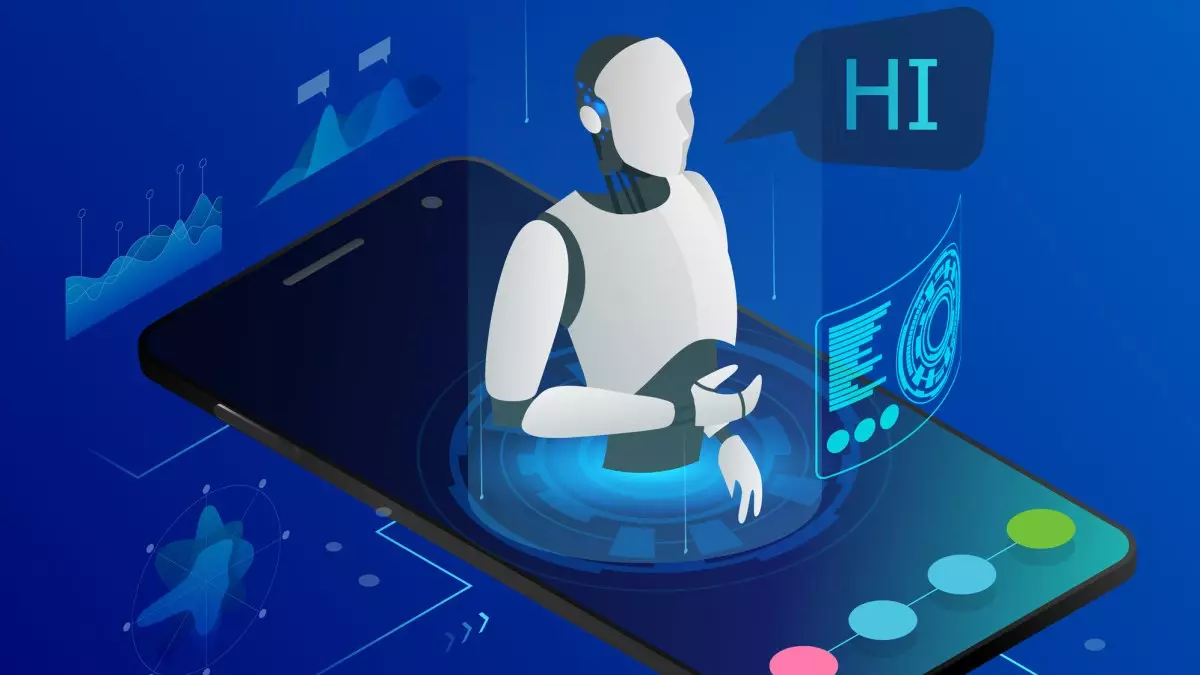Every now and then, a startup emerges from Silicon Valley that seems to blur the line between visionary ambition and absurdity. Mechanize, founded by AI researcher Tamay Besiroglu, epitomizes this phenomenon. Its stated mission is nothing short of radical: the complete automation of work and the economy itself. While Besiroglu boasts of the massive economic potential—an estimated $60 trillion global market aggregated from all human labor—many observers have questioned the ethical, social, and practical implications of such a drastic shift.
The audacity of Mechanize’s goal raises eyebrows and stirs heated debate. Is the complete replacement of human labor by AI really a desirable or achievable outcome? For many critics, including fellow AI researchers and social media commentators, the immediate obsession with automating work without considering the ramifications for human society is profoundly unsettling. As one commentator poignantly remarked, the notion of mechanizing every job verges on dystopian.
Legacy vs. Innovation: The Double-Edged Sword of AI Research
An important layer to this discussion is the juxtaposition of Besiroglu’s two ventures: Mechanize and Epoch, his non-profit AI research organization. Epoch has gained credibility for its impartial evaluations of AI performance, but the relationship with Mechanize raises questions about the integrity of its mission. Critics argue that the identification of Epoch with a controversial startup could diminish its reputation and credibility, particularly given its role in shaping public understanding and policy around AI.
Epoch has not shied away from controversy in the past; a recent incident highlighted its ties with OpenAI that sparked public backlash. As skepticism grows regarding Mechanize, there is a palpable fear that such ties will obscure the nuanced conversation about responsible AI development. Are the founders of Mechanize truly considering the broader societal shift that could occur if AI takes over an increasingly large portion of the economy? This essential question looms over Mechanize’s bold plans.
Work in the Age of Automation: A Double-Edged Sword
Mechanize’s stark ambition—replacing every human worker with AI agents—invites tough questions beyond its market predictions. Besiroglu insists that the total automation of work could unlock unprecedented economic abundance and elevate living standards. However, the fatal flaw in this utopian vision is the recognition that if humans are rendered obsolete, they will lack the financial means to consume the very products these AI agents churn out. The conundrum of automating work is not simply about efficiency; it inadvertently challenges the foundations of demand for goods and services.
Besiroglu argues that humans will inherently acquire more valuable roles in a landscape populated by AI, filling positions that require emotional intelligence, creativity, and other human-centric skills. Yet this optimistic outlook remains unconvincing when faced with practical realities. Can society genuinely transition toward such an economic model without substantial upheaval? What about the millions of people who may struggle in the interim?
Indeed, the reality is more complex than simply imagining that humans will passively adapt to new roles while agents perform day-to-day tasks. The ambitious vision laid out by Mechanize requires a roadmap that sincerely factors in the displacement of labor, equitable distribution of wealth, and the potential for social unrest.
Challenges Ahead: The Evolution of AI Agents
While Mechanize’s vision may appear revolutionary, it is essential to acknowledge that the current state of AI agents is far from perfected. Besiroglu himself admits that existing AI struggles with reliability and the execution of complex tasks, often falling short of expectations. As he ventures into the AI landscape, he is not alone in confronting these technical hurdles; industry giants like Salesforce and Microsoft, as well as numerous startups, are racing to develop robust AI solutions.
This competitive landscape for effective AI is critical for the evolution of Mechanize’s goals. They aim not only to build the next generation of AI agents but must also consider the implications of embedding such technology in the very fabric of work culture. Will society embrace such changes, or will the existential threat posed by automation invoke widespread backlash and resistance among workers scrambling to find their place?
The Road Ahead: A Call for Caution and Responsibility
Amidst the fervor surrounding innovation and automation, a key takeaway should resonate: with great power comes great responsibility. Mechanize stands at the precipice of a potentially transformative era, but its pursuit of total automation must come paired with ethical considerations. It is paramount for both the creators and users of AI technology to engage in open dialogue about the implications of such advancements. The question persists—can society strike a balance between embracing technological innovation and ensuring a fair, equitable economic landscape for all its participants?
As Mechanize embarks on its ambitious mission, there is undeniable value in scrutinizing its implications for the future of work and society as a whole. The road ahead is fraught with uncertainty, and it will take collective wisdom to navigate the challenges this brave new world presents.

